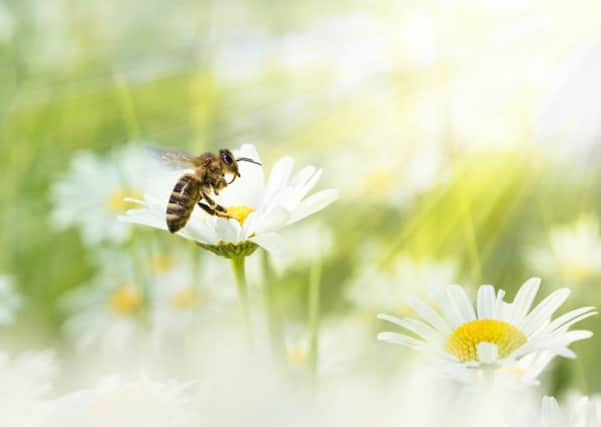Leader comment: Pay farmers to look after natural world


For centuries, Scotland’s farmers have not only been producers of the food that sustains us all, but custodians of the natural world. They have shaped the landscape of Scotland in ways that have helped this country gain a worldwide reputation for its stunning scenery.
Now it appears they will finally be rewarded financially for this latter role. Environment Secretary Michael Gove has previously said he wants to change the way farming subsidies are paid after Brexit, so that they are used to fund “public goods” like boosting wildlife, planting trees and creating wildflower meadows. But this commitment to a “Green Brexit” could evaporate when the UK’s financial position after it leaves the EU becomes clearer – unless public opinion makes this a politically untenable U-turn.
Advertisement
Hide AdAdvertisement
Hide AdSo the findings of a poll, revealed today in The Scotsman, that 88 per cent of the public view farming as a key industry for Scotland and that more than three-quarters believe payments should hinge on farmers’ work to improve the environment are important as a warning against any potential backsliding.
Importantly, NFU Scotland has welcomed the poll so it appears farmers are supportive of the plans for a new regime.
However the government will need to be careful. Introducing such a large change – from a system based mainly on the size of a farm to one designed to give greater rewards for environmental stewardship – over a relatively short period will not be without its risks.
Earlier this year, the Scottish Government’s handling of EU subsidy payments was blamed for driving farmers into debt and even forcing them off their lands. Despite this, the poll found there was strong support among the public for the Scottish Government to have greater control of farming policy north of the Border.
In any discussion about agricultural subsidies, it is worth remembering that many farmers in Scotland are far from rich – their median income last year was just £12,600 – partly because supermarkets have used their buying power to drive down farm-gate prices.
So if we are to demand that farmers work to improve the health of our natural world, we should be prepared to pay them for it. With many of us living in cities, it is perhaps easy to forget that, for all our technological advances, all our lives still depend on a thin strip of soil and those who work it.
